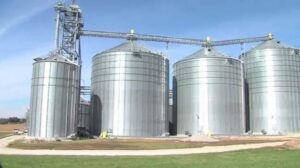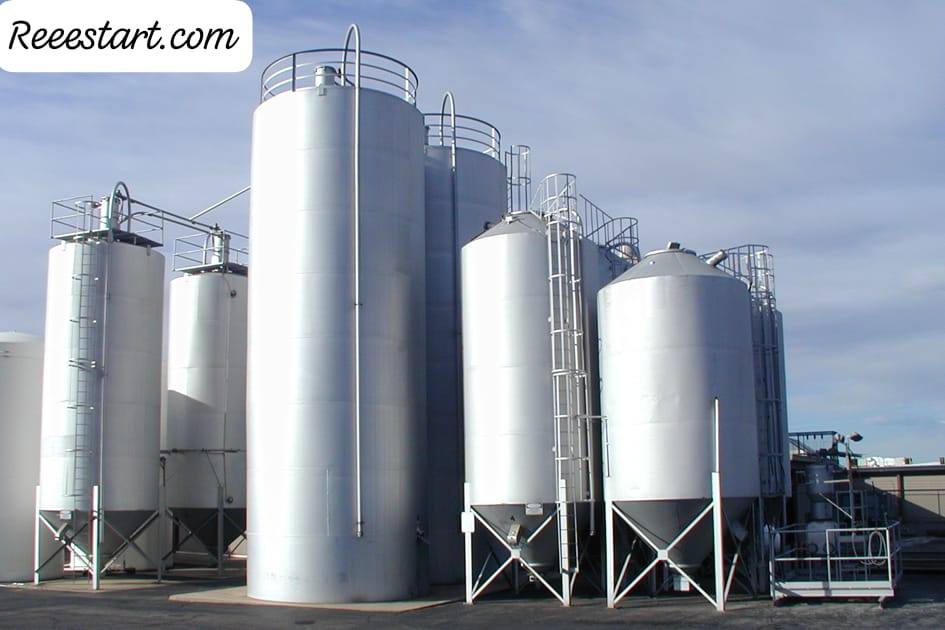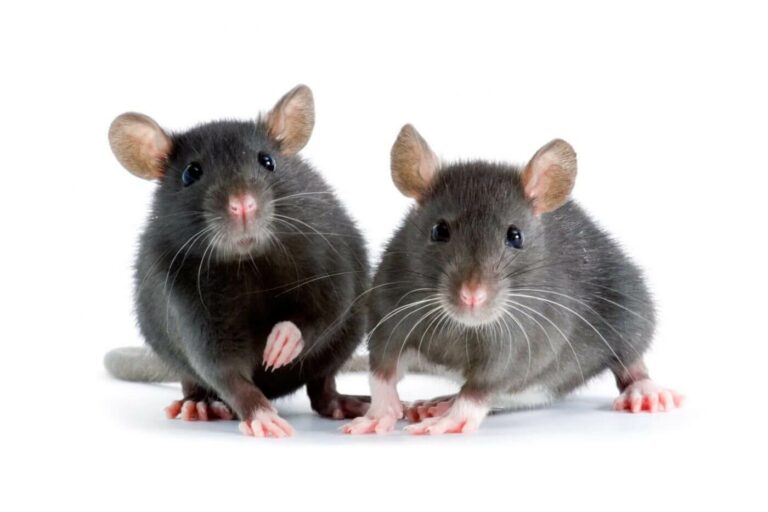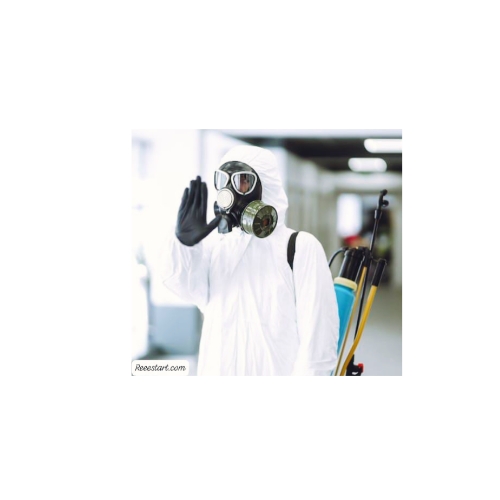Pest Control for Stored Grains and stored food products in Dubai’s silos are vulnerable to various pests, including insects and rodents, which can cause significant damage and loss if not managed effectively, Addressing these pests and implementing a comprehensive pest management program is crucial for effective and sustainable control of grain pests.
Pest Control for Stored Grains
Stored grain pests are categorized based on:
- Nature of Damage, The type and extent of damage they inflict on grains.
- Lifestyle, Their living and breeding habits.
- Feeding Habits and Hosts, Their dietary preferences and the types of grains they affect.
- Ability to Infest Healthy Grains, Whether they can directly infest unspoiled grains.
- Extent of Damage, The severity of the damage they cause to grains and their products.
Based on these factors, pests in Dubai’s silos are divided into:
Primary Pests
These pests can infest healthy grains, feeding and reproducing on them by penetrating with specialized mouthparts.
- They cause significant economic damage due to their ability to infest and damage the grains extensively.
- Examples, Rice weevil, Lesser grain borer, Grain beetle, and Grain moth. These affect cereal crops like wheat, rice, barley, with damage from larvae and sometimes adults.
- Pulses, Large and small bean weevils, Pea weevil, Cowpea weevil, Lentil weevil, and Clover weevil. These pests affect legumes like beans, lentils, and cowpeas, with larvae causing most damage.
Secondary Pests
- These pests do not infest healthy grains directly but exploit grains already damaged by primary pests.
- Their mouthparts are not adapted to penetrate intact grains, so damage usually occurs from larvae or adult insects, except for moths where larvae are the primary cause of damage.
- Examples, Red flour beetle, Confused flour beetle, Surinam cockroach, Cadelle beetle, and various grain moths. These pests are significant in flour mills, dried food stores, and products like chocolate.

Other Pests
- These pests may sometimes infest stored grains but are not specific to them.
- Examples, Tobacco and cigarette beetles, insects thriving on damp or moldy grains like silverfish, booklice, some mites, and bugs affecting grain appearance or odor.
Rodents
- Such as Norwegian rat, Roof rat, House mouse, Desert rat. A pair of Norwegian rats can consume about 12 kg of grain during fall and winter, leaving behind significant waste and contaminating stored products.
Symptoms of Pest Infestation and Damage in Dubai’s Silos
Presence of moths, beetles, or weevils in storage.
- Increased temperature of stored grains upon hand inspection.
- Appearance of powdery substances on grains.
- Presence of black spots on grains.
- Grains with holes.
- Unpleasant odors, especially from flour beetles.
- Evidence of rodent activity, including droppings, urine, hair, grease stains on walls, and sightings of live rodents.

Pest Management Program for Stored Grains in Dubai’s Silos
- Preparation and Cleaning, Thoroughly prepare, clean, and disinfect storage areas before introducing new products.
- Routine Maintenance, Regular maintenance of storage facilities to prevent pest habitats and access.
- Hygiene and Storage Conditions, Maintain cleanliness, avoid moisture, manage waste, and properly organize inventory.
- Screening,Clean grains to remove foreign materials and some insect stages.
- Drying, Heat grains to 53°C for 2-3 hours to kill all stages of pests. This may affect some grain properties.
- Grinding, Grinding can help protect pulses and reduce infestations in rice.
- Subterranean Storage,Burying beans underground can effectively control pests while preserving their natural properties.
- Use of Ash,An ancient method using oven ash as a protective layer for grains.
Preventive Measures
- Maintain grain integrity before storage.
- Harvest promptly, dry grains properly, and use clean, well-maintained storage facilities.
- Disinfect storage equipment and facilities with appropriate chemicals.
Fumigation
Fumigation is a chemical control method used for stored grains and food products in Dubai’s silos. This method is effective but requires expertise and strict safety measures due to its potential risks.
Emergency Response to Phosphine Poisoning
- Immediate Action,Move the affected person to fresh air. Call emergency services immediately. Administer artificial respiration if the person is not breathing.
- Monitor and Support, Support vital functions and monitor the patient.
- Ventilation,Ventilate the area for at least two days and ensure it is free from phosphine.
- Hospitalization,Seek immediate hospitalization for severe symptoms.
Effective pest control for stored grains and food products in Dubai’s silos is achievable with a scientific and professional approach. Implementing an Integrated Pest Management (IPM) program, adhering to safety protocols, and consulting with certified professionals are crucial for successful and sustainable pest management.




